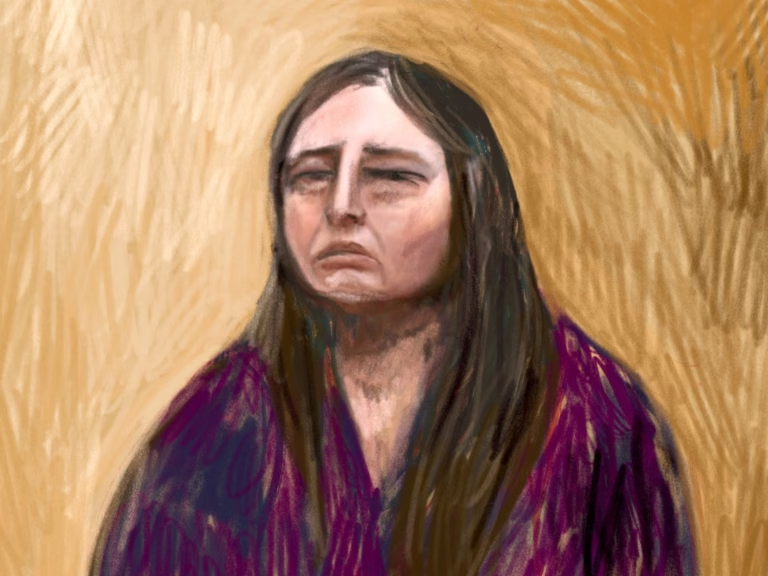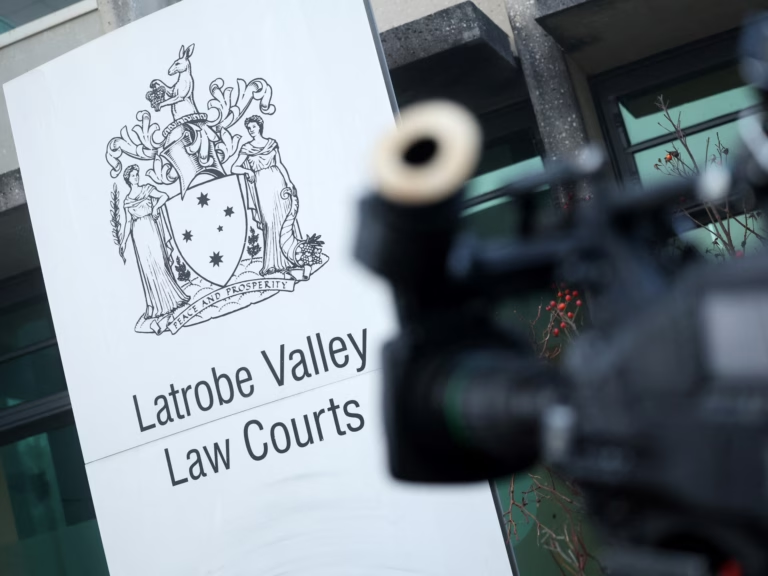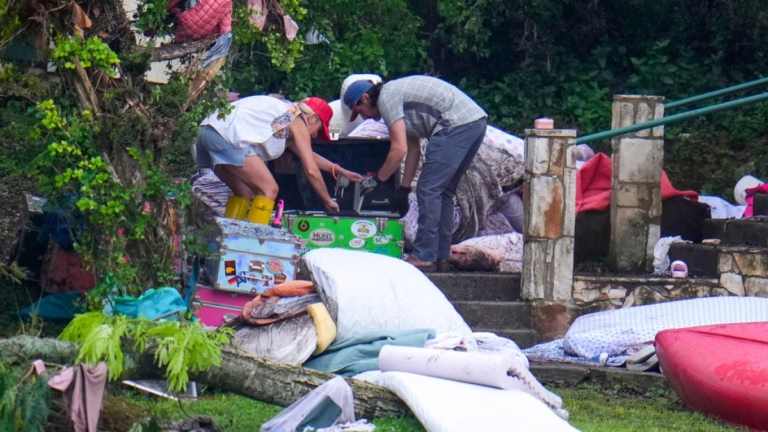In a statement, US Secretary of State Marco Rubio criticized South Sudan’s transitional government, claiming a lack of cooperation and suggesting that the African nation was “taking advantage” of Washington. This is the first such blanket visa ban on any country since President Donald Trump took office in January.
South Sudanese officials haven’t reacted to the new ban. On social media, however, many accused the US of “bullying” and using collective punishment.
South Sudan, Africa’s youngest nation, is facing a new conflict between forces loyal to President Salva Kiir and Vice President Riek Machar, with the United Nations warning of potential civil war (source).
Why the US imposed the visa ban and its impact on South Sudanese nationals:

US allegations
Rubio’s statement hinted that South Sudan has refused to accept its citizens deported from the US. According to US officials, this involves national security and justified the visa revocations and ban.
In a statement on X, Deputy Secretary of State Christopher Landau claimed South Sudan refused to accept someone as South Sudanese, despite a previous confirmation from their embassy in Washington, DC.
Let there be no mistake: the Administration of @POTUS @realDonaldTrump is committed to robust enforcement of our Nation’s immigration laws, and expects all other countries to accept repatriation of their own nationals. The Government of South Sudan has violated this obligation by…
— Deputy Secretary Christopher Landau (@DeputySecState) April 5, 2025
South Sudan’s response
South Sudan’s government has not commented publicly on the US actions. Media reports, however, indicate 24 South Sudanese were originally deported from the US, with one returning due to identification as non-South Sudanese.
Impact on South Sudanese nationals
Many South Sudanese now reside in the US, Canada, and Australia. Around 100,000 South Sudanese lived in the US before 2007, according to South Sudanese officials. The extent of visa holders versus naturalised Americans is unclear.
Approximately 133 South Sudanese in the US had been granted temporary protected status due to conflict in South Sudan, extended by President Joe Biden’s administration until May 3, 2025.
South Sudan’s current situation
Although rich in petroleum, South Sudan is one of Africa’s poorest countries. The 2013-2018 civil war severely impacted its economy. Although fighting stopped in 2018, violence has continued, and tensions have risen again.
Conclusion
The US visa ban matters for South Sudan as it adds to the country’s political instability and potentially strains its people’s ability to travel internationally for reasons like education or sporting events.







